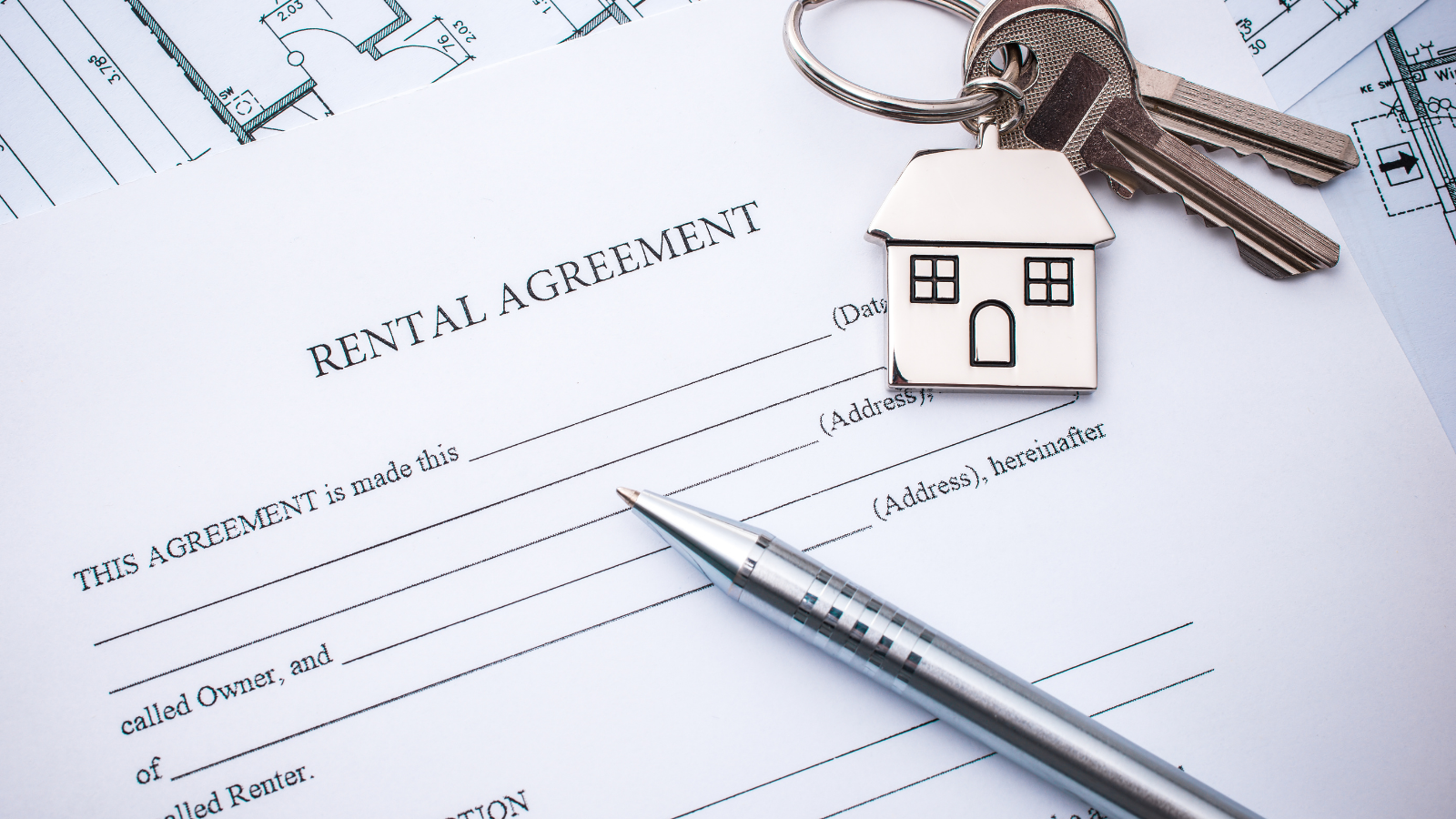Renting a Home with a Verbal Lease
Moving into a new home is one of the most exciting experiences one can have. There is nothing like a new beginning- a fresh start. However, while renting a place, appliances may need repairs, or your landlord may make plans for the place while you are living there, including wanting you to move out during your agreed-upon lease. That is when you refer to your lease to figure out who is responsible for the repairs or how much notice you need before being asked to leave. However, you cannot do that if you only have a verbal lease. In it normally in the best interest of renters to have a written, long-term lease.
Verbal leases are rental agreements that were agreed upon by you, the tenant, and your landlord through a discussion rather than in writing. Verbal leases are legal in Arkansas. They are assumed to be month-to-month although the parties could agree to any other time period less than one year. When you enter into a verbal agreement with your landlord, you have the same rights that you would have with a written lease. If you have a verbal, month-to-month lease, the default rule is that your landlord must give you thirty days’ notice that your lease is not being renewed before you must move unless you have violated your lease. For example, nonpayment of rent is a lease violation that would allow as little as three days’ notice before the landlord could file a court case to evict you.
Things can sometimes get tricky with a verbal lease, however, because it is really your word against the landlord’s word. As an example, your landlord agreed to make repairs as they arise before you moved in. Your air conditioner breaks during your lease and you mention it to your landlord, but your landlord states that they are not responsible for the repair. You decide to take them to court. The judge is going to ask that you provide evidence that your landlord made the statement. How are you going to prove that? You have nothing in writing! It is likely that you will get stuck with making that repair despite what you and your landlord discussed.
Another benefit to written leases for renters is that they prove that the person is actually a renter rather than a guest or trespasser. For example, let’s say that your landlord decides to sell the home you rent with a verbal, month-to-month lease. You always pay your rent on time and in cash. They may serve you a Notice to Vacate within just days. The case goes to court where you argue that you are a renter and you are entitled to at least thirty days’ notice. They could (dishonestly) argue that you’re not a renter at all and have no interest in the home. Let’s say you can’t produce receipts or any other evidence of your payments other than your word (you should ALWAYS have a receipt and NEVER pay cash). The court could rule that you are not a renter and because of this, you have to leave.
Do not allow yourself to be in a situation where you have to rely on someone else’s word. Make sure that you have all agreements, but especially a lease agreement, in writing. If a potential landlord refuses to put your agreement in writing, then you need to find another place to rent. Cover yourself by making sure your lease is in writing. If there is a dispute during your leasing period, you will be happy you did.
AUTHOR: JAY COLEMAN, STAFF ATTORNEY FOR THE CENTER FOR ARKANSAS LEGAL SERVICES





